Russia, a vast and diverse country, is known for its rich history, cultural heritage, and stunning landscapes. While many tourists visit Russia for a taste of its traditions and culture, the country offers a wealth of festivals and events that not only celebrate its heritage but also actively encourage tourism.
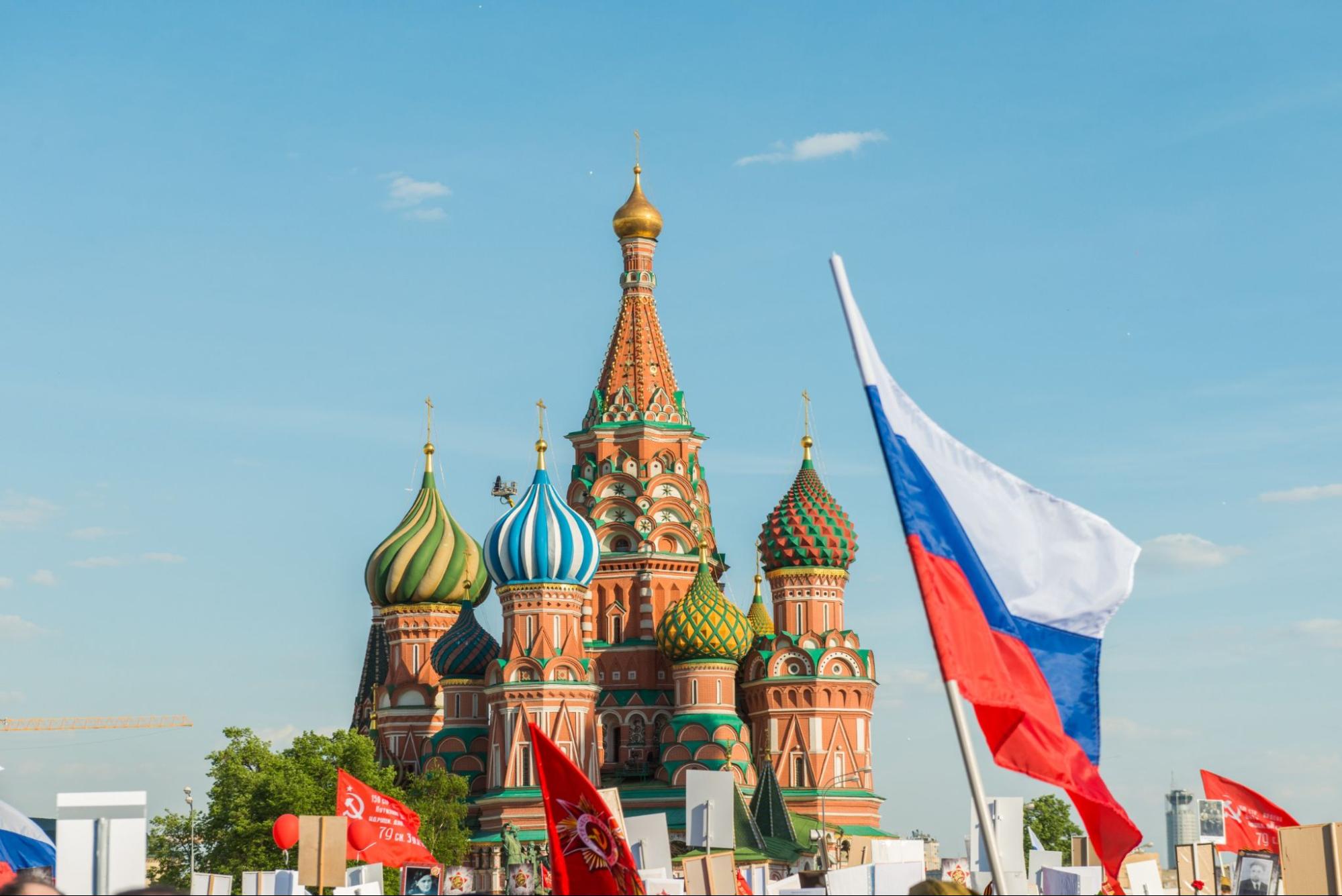
These vibrant celebrations provide visitors with the opportunity to immerse themselves in Russian culture and create lasting memories. Here is a comprehensive guide to some of the most iconic and tourist-friendly festivals and events in Russia:
Overview: New Year's Eve is one of the most significant holidays in Russia. While it is primarily a family-oriented celebration, tourists can also partake in the festivities. Russian cities, particularly Moscow and St. Petersburg, are transformed into winter wonderlands, with beautifully decorated streets and squares.
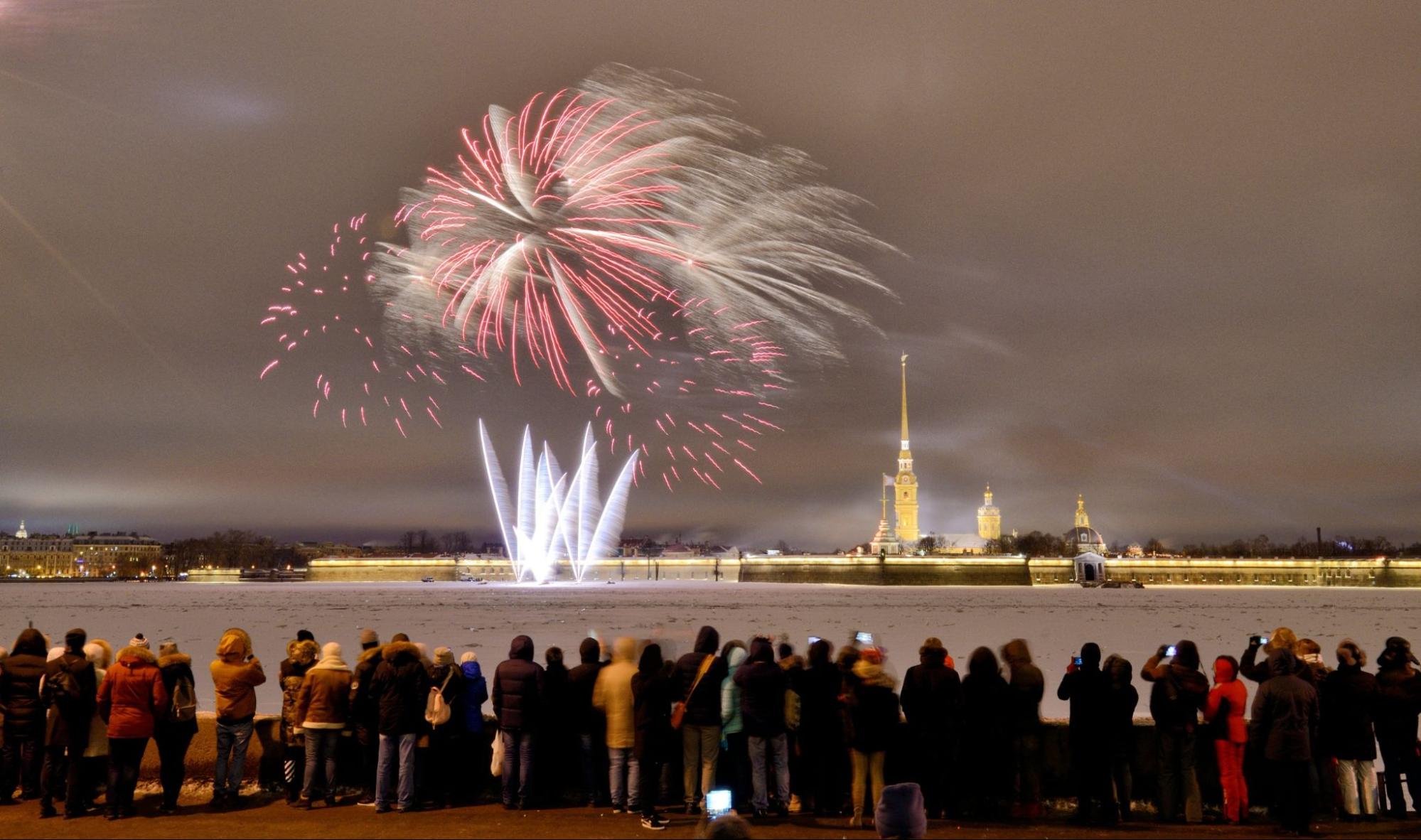
Tourist Highlights: The highlight of New Year's Eve in Moscow is the famous fireworks display in Red Square, while in St. Petersburg, fireworks light up the Neva River. After the clock strikes midnight, locals and tourists gather in parks and squares to continue the festivities, despite sub-zero temperatures.
Overview: Russia follows the Orthodox Christian calendar, celebrating Christmas on the 7th of January. This holiday is marked by elaborate decorations in Moscow and St. Petersburg, where the streets come alive with lights and Christmas markets.
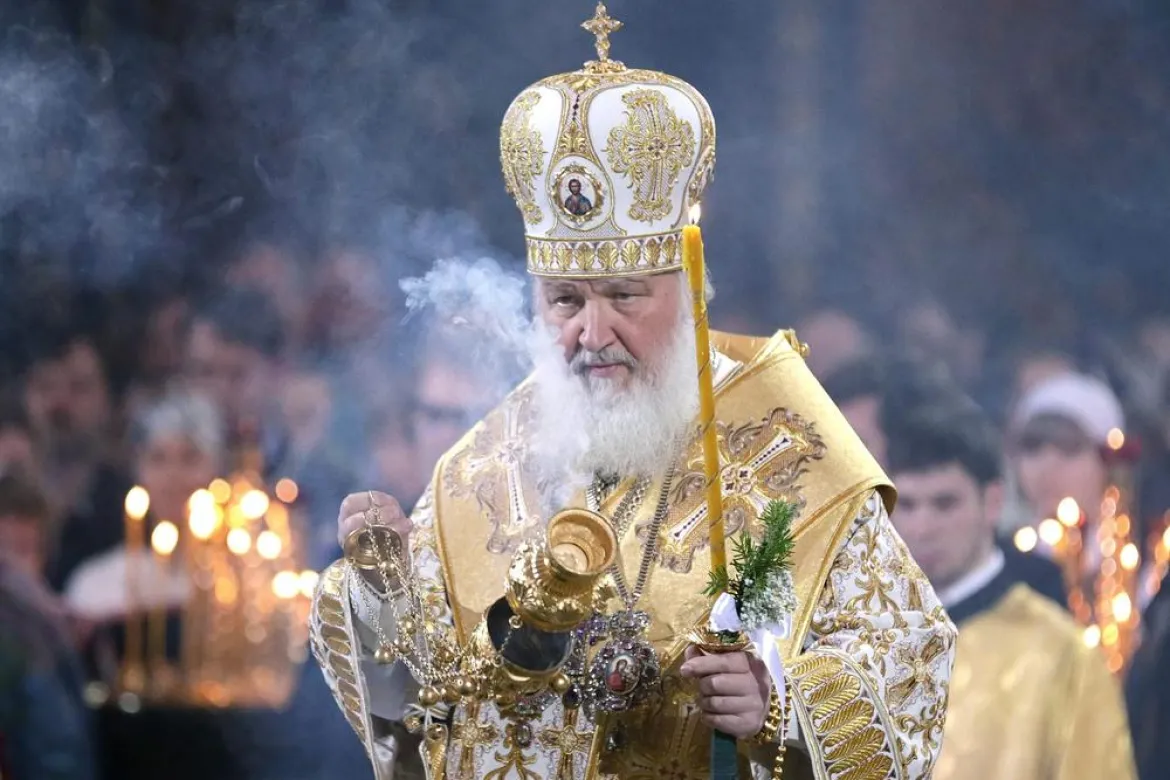
Tourist Highlights: Visitors can attend traditional midnight masses in candlelit Russian churches, witnessing the devotion of the local people. This is a unique opportunity to experience Russian Christmas customs and try traditional Easter pastries.
Overview: Russian winters are famously long and cold, and to combat the chill, the country hosts a month-long winter festival. Moscow's festival is the most extensive, with the city adorned in thousands of twinkling lights.
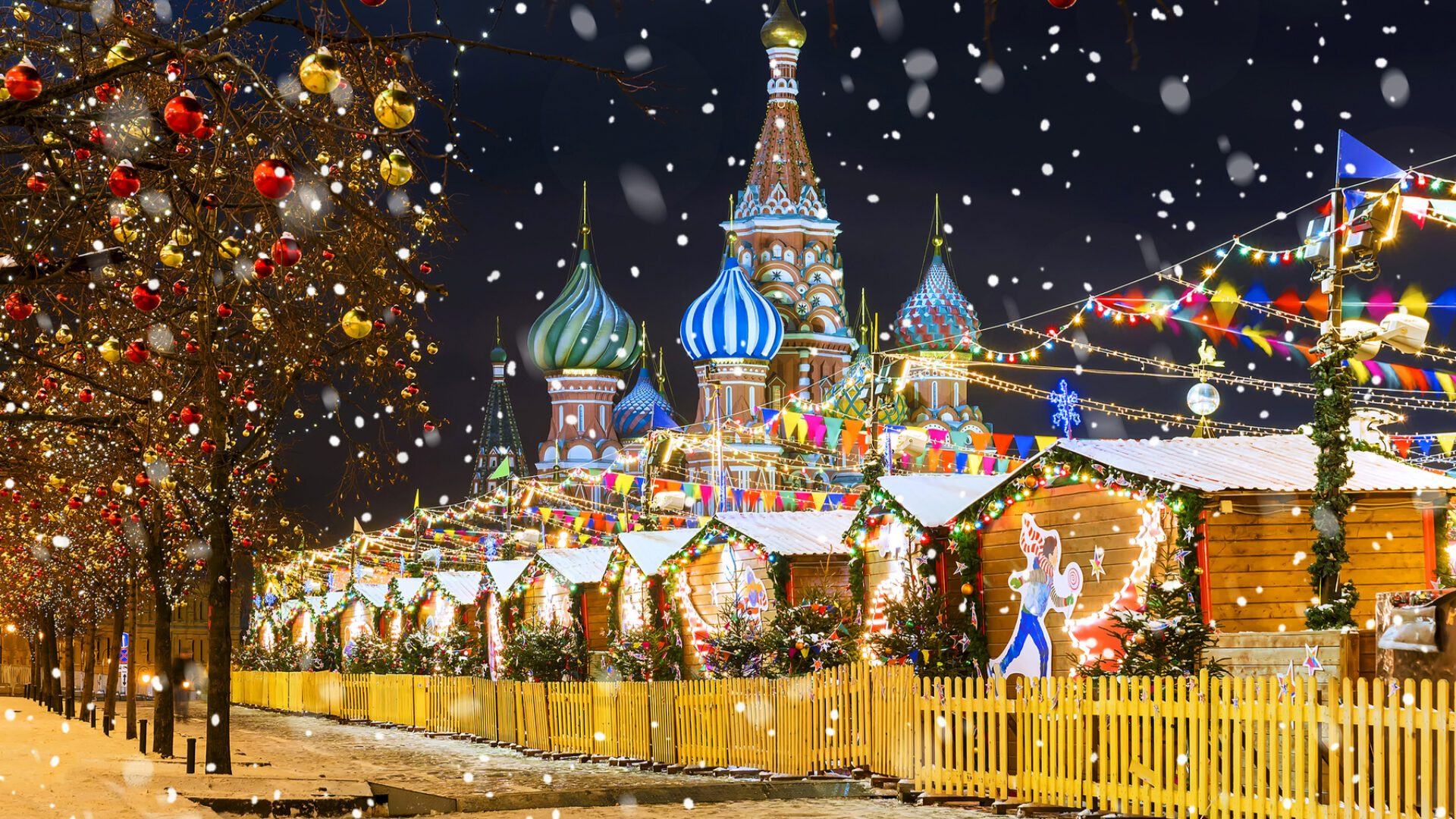
Tourist Highlights: The winter festival offers a chance to enjoy a ride in a traditional troika (a three-horse sleigh) in Izmailovo Park. Gorky Park features an outdoor exhibition of breathtaking ice sculptures. In Revolution Square, visitors can explore handicraft markets, savor warm pancakes, and enjoy entertainment like balalaika concerts and winter fashion shows.
Overview: Maslenitsa, also known as Pancake Week, is a joyful Russian festival that marks the end of winter and the arrival of spring. With its pagan origins, Maslenitsa feels more like a carnival than a religious event.
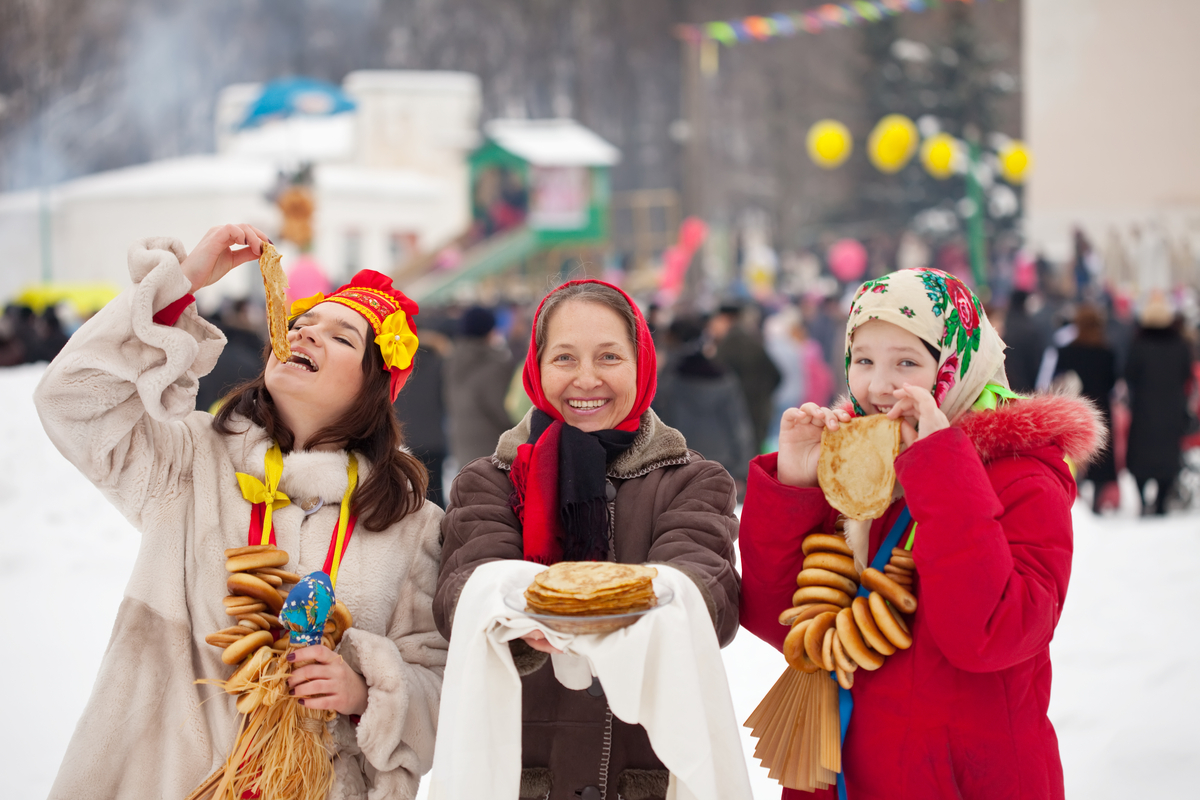
Tourist Highlights: Maslenitsa is celebrated all over Russia with parades, live music, dancing, and fireworks. Pancakes, or "blini," play a central role in the festivities and are consumed with a variety of sweet and savory toppings. The festival culminates with the burning of a life-sized straw effigy known as "Lady Maslenitsa."
Overview: Even remote regions in Russia have their own unique celebrations. The indigenous Nenets of Yamal celebrate their ancient tradition of large-scale reindeer herding with a tribal sports carnival in the town of Salekhard.
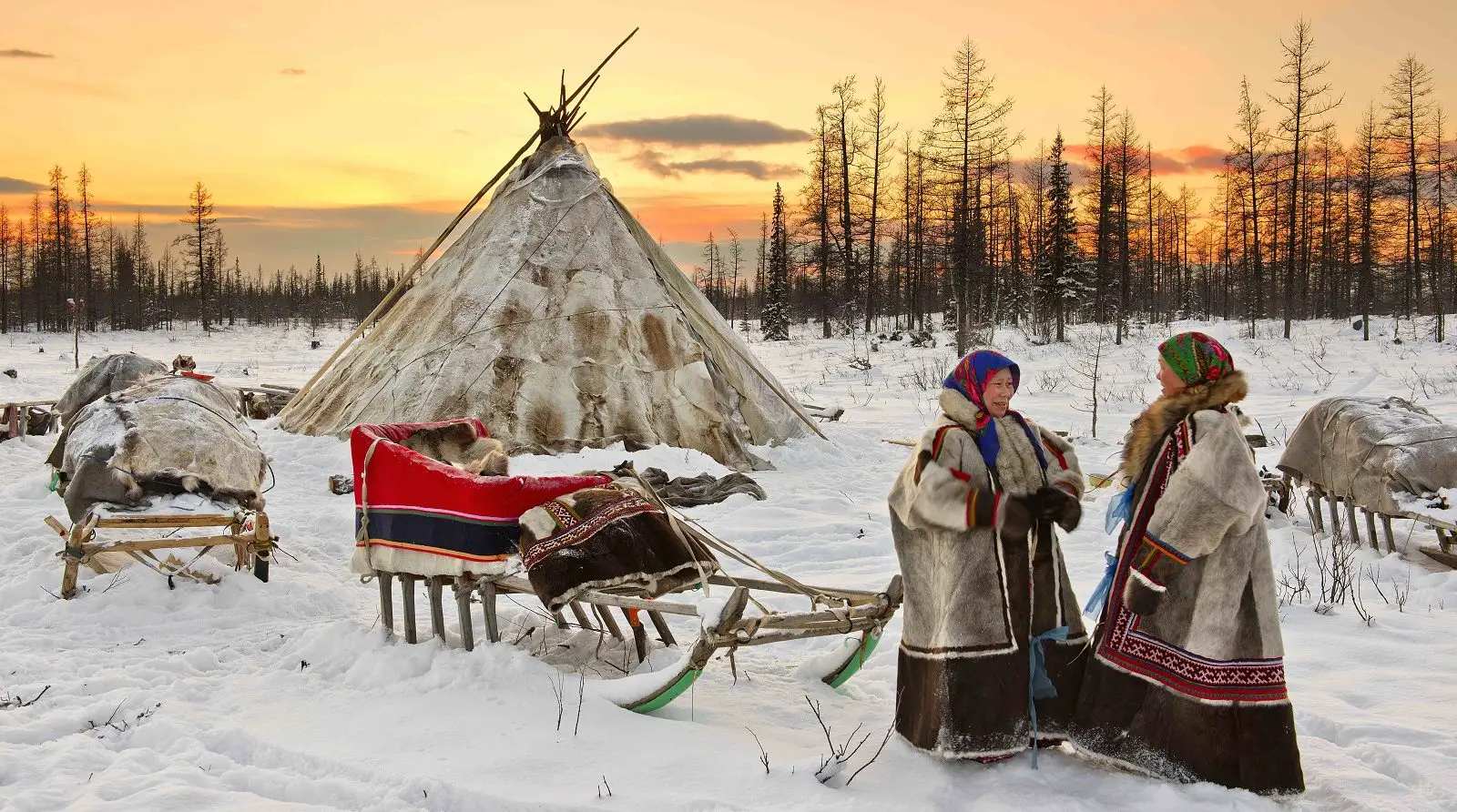
Tourist Highlights: The festival showcases incredible reindeer races, including reindeer skiing. Nenets from competing camps engage in sports like sled jumping, lassoing, axe throwing, and tug of war. Visitors are encouraged to participate and can enjoy traditional reindeer meat snacks, making this one of Russia's most intriguing festivals.
Overview: Russian Orthodox Easter, which typically falls later than Western Easter, is a solemn and spiritually significant festival with a week of church services and traditions.
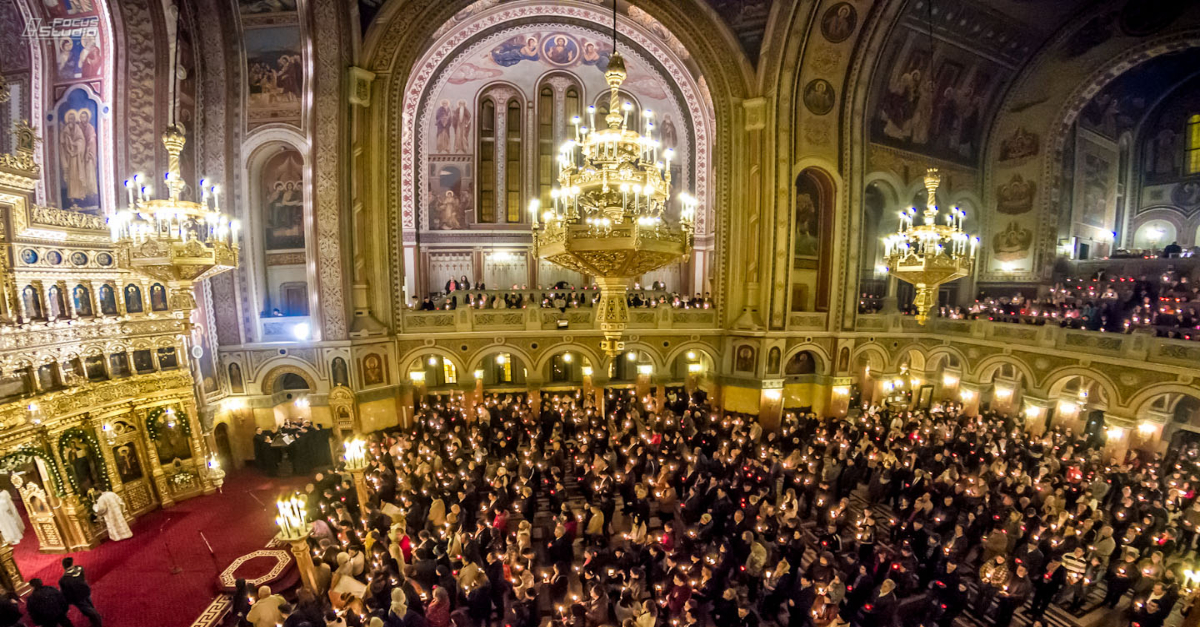
Tourist Highlights: Visitors can attend parts of the Easter liturgy, and painted boiled eggs replace chocolate ones. Traditional Easter pastries like "kulich," a sweet bread flavored with honey and raisins, are a delightful part of the celebration.
Overview: For those with a love for the arts, Moscow's Golden Mask Festival offers an extensive program of performances, including drama, opera, ballet, modern dance, and puppet theater.
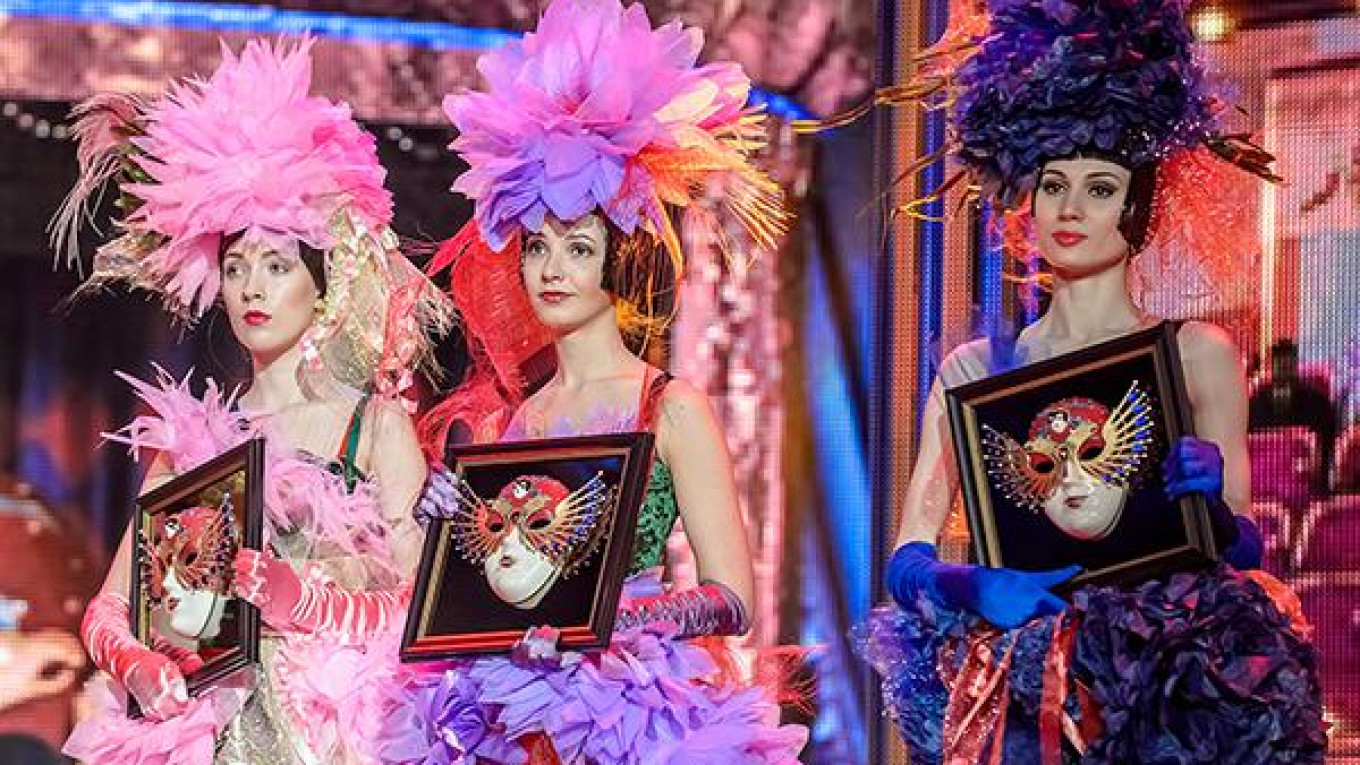
Tourist Highlights: This festival is a showcase of the most important and innovative performances from all over Russia. Travelers can attend performances in prestigious venues and witness a prestigious awards ceremony on the festival's closing night in late April.
Overview: Victory Day commemorates the Soviet Union's victory over Nazi Germany and is a patriotic celebration filled with military parades, fireworks, and displays of military might.
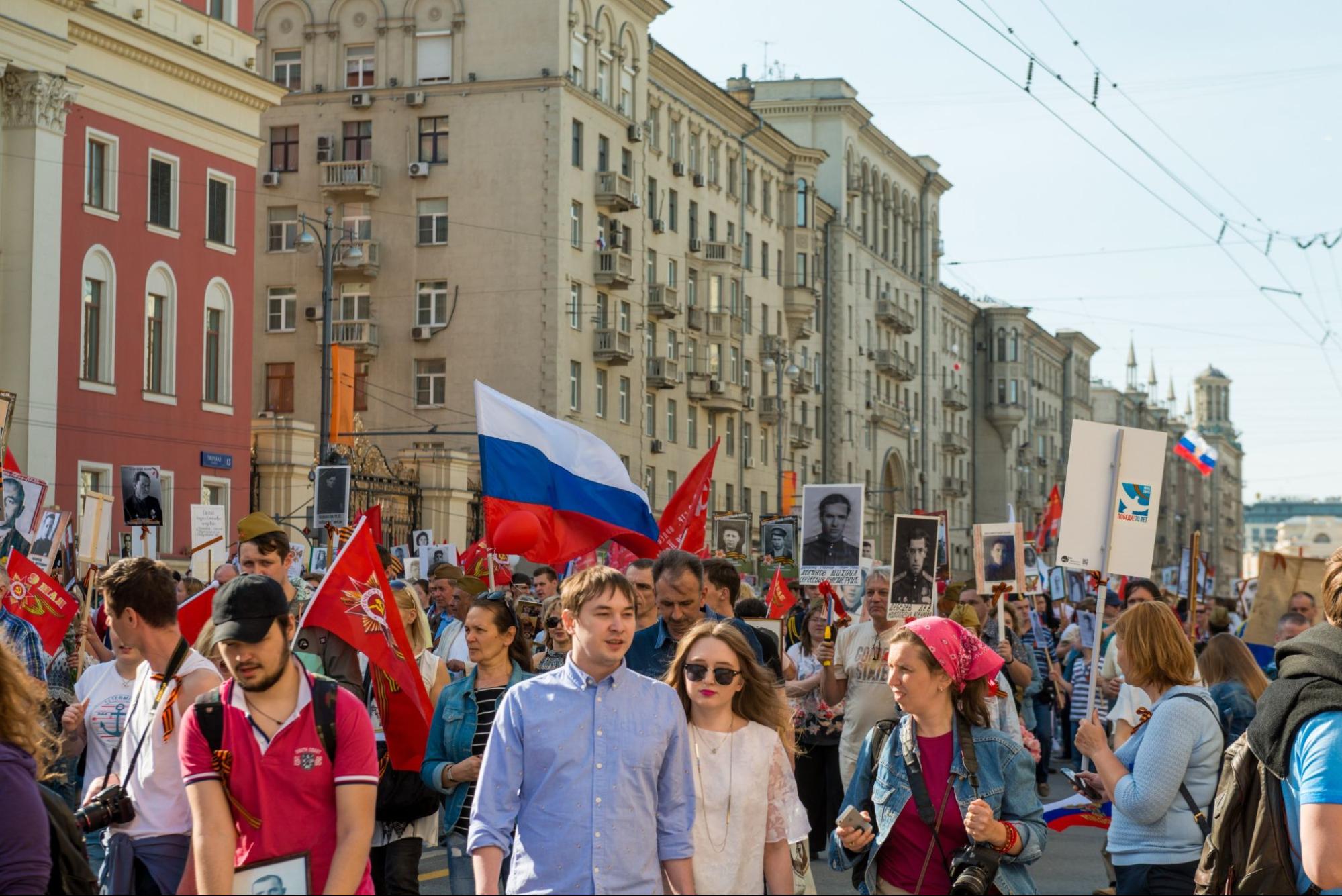
Tourist Highlights: Moscow hosts the most grandiose events, featuring giant tanks, missiles, and thousands of troops marching down Red Square. Helicopters hover above the enormous crowds of spectators, creating a visual spectacle.
Overview: The Peterhof Palace in St Petersburg hosts grand opening and closing ceremonies for its fountains, marking the start and end of the summer season.
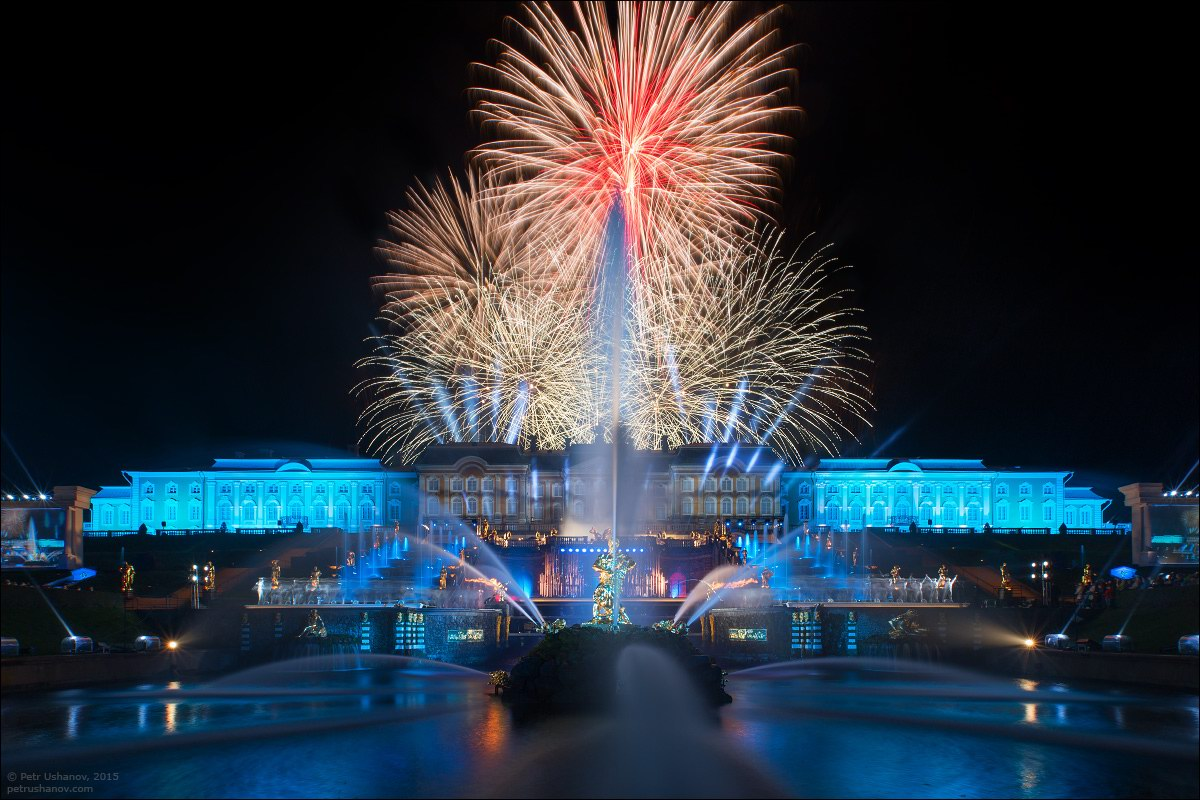
Tourist Highlights: Tourists can witness the spectacular opening ceremony with a display of fountains, musical performances, fireworks, and laser light shows. The closing ceremony in mid-September offers an equally impressive experience.
Overview: St Petersburg's "White Nights" Festival is a unique celebration of the city's nights during late spring and early summer when the sun never fully sets, creating a magical atmosphere.
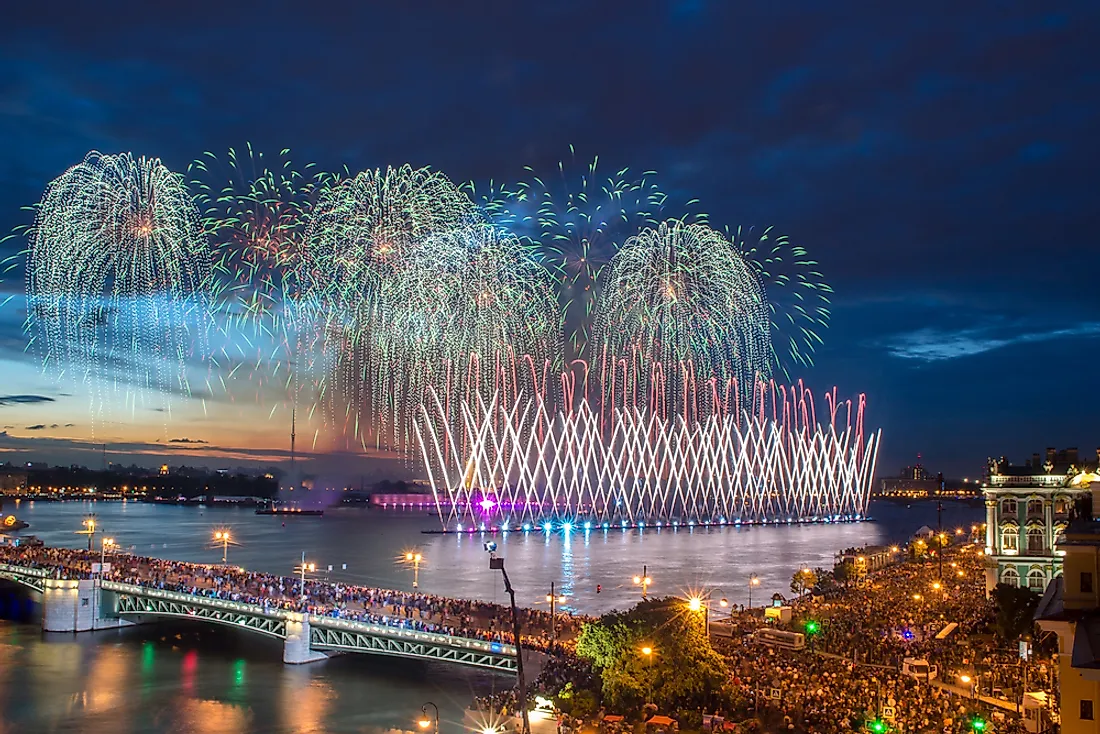
Tourist Highlights: The festival features music, dance, theatre performances, and a carnival atmosphere. World-class Russian and international performers grace various venues in the city. St Petersburg's bars and clubs come alive, providing a truly memorable experience for visitors.
These festivals and events in Russia not only provide insights into the country's rich culture and heritage but also actively promote tourism, making them must-visit attractions for travelers seeking authentic and memorable experiences in the heart of Russia.
Russia is generally safe for tourists, but like any other destination, it's important to take basic precautions. Be vigilant in crowded areas, safeguard your belongings, and follow local laws and regulations.
Most visitors to Russia require a visa to enter the country. The visa application process can be complex, so it's recommended to plan well in advance and ensure all required documents are in order.
The best time to visit Russia depends on your interests. Summer (June to August) is ideal for pleasant weather and outdoor activities. Winter (December to February) offers a unique experience with snow and winter festivals. Spring and autumn are also good times to visit for milder weather.
Russia boasts a wealth of attractions. Some must-visit places include Moscow's Red Square and the Kremlin, St. Petersburg's Hermitage Museum, the Trans-Siberian Railway, Lake Baikal, and historic cities like Kazan and Suzdal.
The currency in Russia is the Russian Ruble (RUB). It's advisable to carry cash as cards are not accepted everywhere. Money can be exchanged at banks, exchange offices, and ATMs are widely available.
While many Russians don't speak fluent English, you can get by as a tourist with basic Russian phrases or by using translation apps. In major cities and tourist areas, you're likely to find some English-speaking locals.
It's generally recommended to drink bottled water or boil tap water before consumption. Some cities may have safe tap water, but it's best to check with local authorities.
Tipping in restaurants is customary, and it's common to leave a tip of around 10% of the bill. Tipping taxi drivers and hotel staff is also appreciated.
Russia has an extensive public transportation system in major cities, including buses, trams, and the Moscow Metro. The Trans-Siberian Railway offers an iconic train journey across the country.
Step1: Complete the online application by providing your passport details.
Step2: Submit payment online using a credit card.
Step3: Monitor your email for confirmation of payment and receipt of your eVisa, which will be sent electronically.